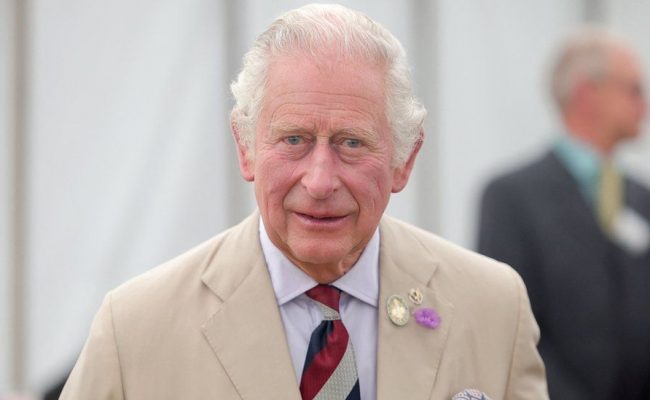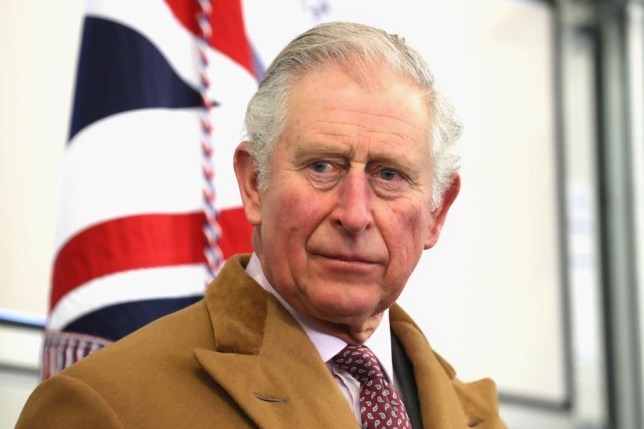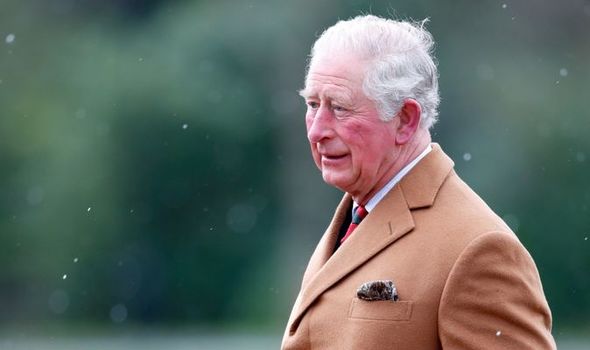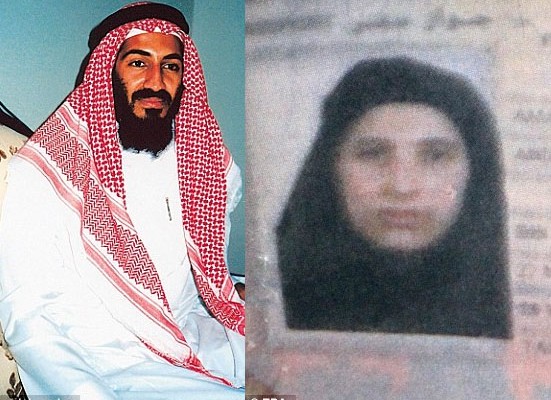Prince Charles accepted £1m from Osama Bin Laden’s family – Report
- Posted on
- Comment

The Prince of Wales accepted a payment of £1m from the family of Osama Bin Laden, the Sunday Times reports.
Prince Charles accepted the money from two of Osama Bin Laden’s half-brothers in 2013, two years after the al-Qaeda leader was killed, it adds.
The Prince of Wales’s Charitable Fund (PWCF) received the donation.
Clarence House said it had been assured by PWCF that “thorough due diligence” had been conducted, and the decision to accept the money lay with the trustees.
“Any attempt to characterise it otherwise is false,” it told the BBC.
Clarence House also said it disputed a number of points made in the newspaper’s article.
Bin Laden was disowned by his family in 1994 and there is no suggestion that his half-brothers had links to his activities.
According to the report, Prince Charles accepted the money from Bakr Bin Laden, who heads the wealthy Saudi family, and Bakr’s brother Shafiq, following a meeting with Bakr at Clarence House.
The heir to the throne took the money despite objections from advisers at Clarence House and PWCF, the Sunday Times reports, citing multiple sources.
However, Sir Ian Cheshire, chairman of PWCF, told the newspaper that the 2013 donation was agreed “carefully considered” by the five trustees at the time.
“Due diligence was conducted, with information sought from a wide range of sources, including government,” Sir Ian added.
“The decision to accept the donation was taken wholly by the trustees. Any attempt to suggest otherwise is misleading and inaccurate.”
The PWCF awards grants to UK-registered non-profit organisations to deliver projects in the UK, Commonwealth and overseas.
Analysis
No rule has been broken, no law has been broken. All appropriate checks were carried out and even the Foreign Office was called upon to give its opinion – it cleared the donation.
So how is this front page news?
A source at the Prince of Wales’s Charitable Fund told the BBC that “the sins of the father” – that’s Osama Bin Laden – should not disqualify other members of the family from making a donation. Which makes sense.
But equally, did Prince Charles or his inner circle really think it was a good idea to take money from the Bin Ladens? Or did they think it was fine so long as it was never made public?
Because once it was public – however many checks were made and rules were followed – it was always going to look horrible.
Just like the enormous cash donation from a former Qatari Prime Minister or the letter from Prince Charles’s close friend and aide promising a knighthood to a Saudi citizen who had promised and made substantial donations.
Ministers and members of parliament are, in the end, governed by the ballot box. The Royal Family derives its position and authority from a different place, from a settled acceptance by the public that overall they bring credit to the country.
Does a donation from the Bin Ladens – however remote from the evildoing of a disowned son – fit into this model of monarchy?
Osama Bin Laden was top of the US’ “most wanted” list. He is believed to have ordered the terror attacks on New York and Washington on 11 September 2001 – which killed almost 3,000 people – including 67 Britons.
He was killed by US forces in 2011.
A PWCF source told the BBC that “though the name [Bin Laden] has very unhappy history, the sins of the father should not be visited on the rest of the family, which is an eminent one in the region.”
The source added that the donation had been cleared by the Foreign Office.
This is not the first time that Prince Charles or his charity have been scrutinised over its donations.
It was reported last month that Prince Charles accepted a suitcase containing a million euros in cash from a former Qatari prime minister – one of three cash donations totalling around £2.5m.
Clarence House said at the time that donations from the sheikh were passed immediately to one of the prince’s charities and all the correct processes were followed.
The Charity Commission later decided against launching an investigation into the donation.
In February, the Metropolitan Police began an investigation into claims the charity offered honours help to a Saudi citizen.
Clarence House said the prince had “no knowledge of the alleged offer of honours or British citizenship on the basis of donation to his charities”.
Analysis
To millions of Saudis, the name Bin Laden is totally innocuous. In the West and much of the rest of the world, it will forever be associated with the 9/11 terror attacks of 2001.
But in Saudi Arabia, it is a byword for the Jeddah-based construction firm that used newfound oil wealth to fund mosques, palaces and other buildings by royal decree.
The family were not originally Saudi: they came from a part of southern Yemen, the Hadhramaut, that has produced many of Jeddah’s most successful and wealthy entrepreneurial families.
Osama, one of the many sons of the company’s founder, who emigrated from Yemen in the early 20th century, was long known as the “black sheep of the family”.
He spent much of the 1980s in Afghanistan helping the mujahideen fight the invading Soviet army, so essentially he was on the same side then as the CIA and Pakistan.
But by the 1990s, he had become a radical Islamic extremist and the family disowned him in 1994. Osama Bin Laden then moved first to Sudan, and soon after to Afghanistan. The rest is history.
-BBC










 (Selorm) |
(Selorm) |  (Nana Kwesi)
(Nana Kwesi)